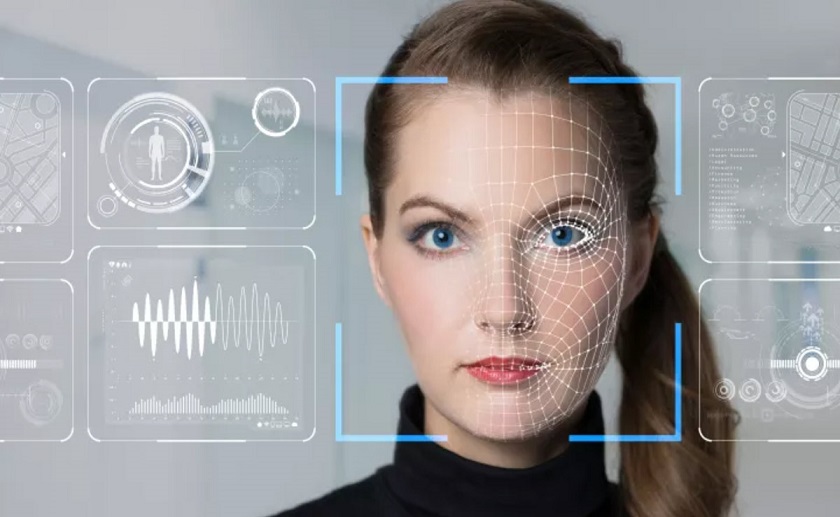THE face may be a remarkable piece of labor . The astonishing sort of countenance helps people recognise one another and is crucial to the formation of complex societies. The same is true for the ability of the face to transmit emotional signals, whether through unconscious blushing or smirk techniques. People spend much of their waking lives, within the office and therefore the refore the courtroom also because the bar and the bedroom, reading faces, for signs of attraction, hostility, trust and deceit. They also spend many time trying to dissimulate.
Technology is rapidly catching up with the human potential to study faces. In america facial recognition is hired through churches to trace worshippers’ attendance; in britain, via outlets to become aware of past shoplifters. This 12 months welsh police used it to arrest a suspect out of doors a soccer . In china it verifies the identities of journey-hailing drivers, permits vacationers to go into sights and shall we people buy matters with a grin. Apple’s new iphone is predicted to use it to unlock the homescreen.
Set against human skills, such applications might sound incremental. Some breakthroughs, like flight or the net , glaringly remodel human talents; face recognition appears merely to encode them. Although faces are peculiar to individuals, they’re also public, so technology doesn’t , initially sight, invade something that’s private. And yet the power to file, save and analyse snap shots of faces cheaply, quick and on a big scale guarantees sooner or later to cause fundamental changes to notions of privateness, fairness and believe.
The Final Frontier
Start with privacy.one big difference between faces and other biometric statistics, like fingerprints, is they work on a distance. Absolutely everyone with a smartphone can take an photo for facial-popularity packages to apply. Findface, an app in russia, compares snaps of strangers with snap shots on vkontakte, a social community, and may understand human beings with a 70% accuracy charge. Facebook’s financial group of facial photos can not be scraped by using others, however the silicon valley huge should reap pictures of tourists to a car showroom, say, and later use face recognition to serve them commercials for automobiles. Albeit non-public firms are not able to hitch the dots among pix and identification, the country regularly can. China’s government continues a report of its residents’ faces; photographs of half of the us’s adult populace are stored in databases with a purpose to be employed by using the fbi. Regulation-enforcement organizations now have a strong weapon of their functionality to trace criminals, however at first-rate potential value to residents’ privateness.
The face isn’t only a name-tag. It displays heaps of other statistics—and machines can examine that, too. Once more, that promises advantages. A few companies are analysing faces to deliver computerized diagnoses of uncommon genetic situations, like hajdu-cheney syndrome, some distance earlier than could as an alternative be feasible. Structures that degree emotion may additionally deliver autistic human beings a draw close of social signals they find elusive. However the technology also threatens. Researchers at stanford university have proven that, while proven pictures of 1 shirtlifter , and one 2d banana , the algorithm may want to characteristic their sexuality correctly eighty one% of the time. Humans managed best sixty one%. in international locations in which homosexuality may be against the law, software which guarantees to deduce sexuality from a face is an alarming prospect.
Keys, wallet, balaclava
Much less violent varieties of discrimination may also become common. Employers can already act on their prejudices to disclaim people employment . But face recognition could make such bias ordinary, allowing firms to filter all activity programs for ethnicity and signs of intelligence and sexuality. Nightclubs and sports grounds may face strain to defend human beings by scanning entrants’ faces for the threat of violence—despite the fact that, due to the character of system-mastering, all facial-reputation structures inevitably deal in possibilities. Furthermore, such systems can also be biased against those that don’t have white pores and skin, given that algorithms educated on information sets of often white faces do not work nicely with unique ethnicities. Such biases have cropped up in computerized tests wont to inform courts’ decisions approximately bail and sentencing.
ultimately, non-stop facial recording and gadgets that paint computerised data onto the important worldwide can also change the feel of social interactions. Dissembling allows grease the wheels of life-style . In case your companion can spot every suppressed yawn, and your boss every grimace of irritation, marriages and dealing relationships are going to be more truthful, but much less harmonious. The concept of social interactions might alternate, too, from a collection of commitments founded on believe to calculations of threat and reward derived from the expertise a computer attaches to someone’s face. Relationships would possibly turn out to be extra rational, however additionally more transactional.
In democracies, at least, regulation can assist alter the stability of fantastic and horrific effects. Ecu regulators have embedded a group of concepts in impending facts-protection law, decreeing that biometric records, which may consist of “faceprints”, belongs to its owner which its use requires consent—in order that, in europe, not like the us, fb couldn’t just sell ads to those car-showroom traffic. Legal guidelines in opposition to discrimination are regularly applied to an enterprise screening candidates’ photos. Suppliers of financial face-reputation structures would possibly go through audits, to illustrate that their systems aren’t propagating bias accidentally. Firms that use such technologies ought to be held responsible.
Such regulations can not modify the route of journey, however. Cameras will handiest turn out to be more commonplace with the unfold of wearable gadgets. Efforts to bamboozle facial-recognition structures, from shades to make-up, are already being overtaken; studies from the university of cambridge suggests that ai can reconstruct the facial structures of individuals in conceal. Google has explicitly became its returned on matching faces to identities, for worry of its misuse by using undemocratic regimes. Different tech companies seem less choosy. Amazon and microsoft are both the usage of their cloud services to deliver face popularity; it’s imperative to facebook’s plans. Governments might not need to forgo its advantages. Exchange is coming. Confront thereto .





